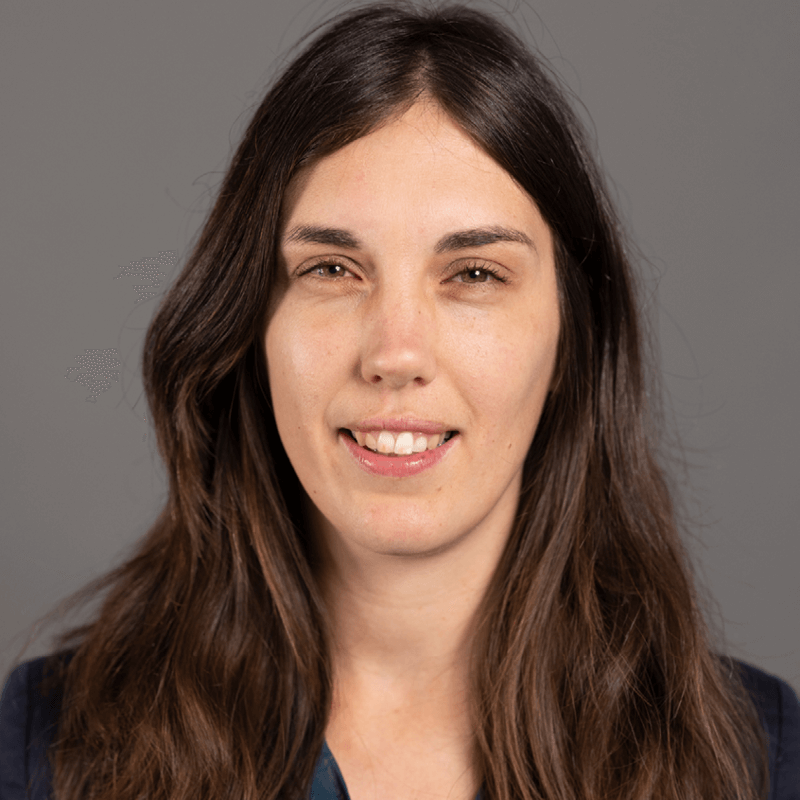Märt Aro: Personalised learning with edtech applications
A visit to an oriental bazaar is something extraordinary. The abundance of smells, colours and impressions of the spices and products make the spice market a unique experience.
This is the vision of Märt Aro, co-founder of the Estonian start-up DreamApply and the Nordic EdTech Forum, of the future of digital education: a bazaar with a plethora of educational offerings that promise unique learning experiences and from which everyone can choose exactly what he or she needs.
This kind of learning is already possible – with the findings from psychology and neuroscience, we already know what processes happen in the brain during learning and how we learn best. At the same time, each person has their own needs to get to the best learning outcome. There are already tools that address these needs and enable personalised learning. “We can use digital education solutions to improve learning for learners and also reduce the costs of personalising learning,” Märt Aro is convinced. Personalised learning is thus possible for all learners.
Bringing education into the Industry 4.0 era
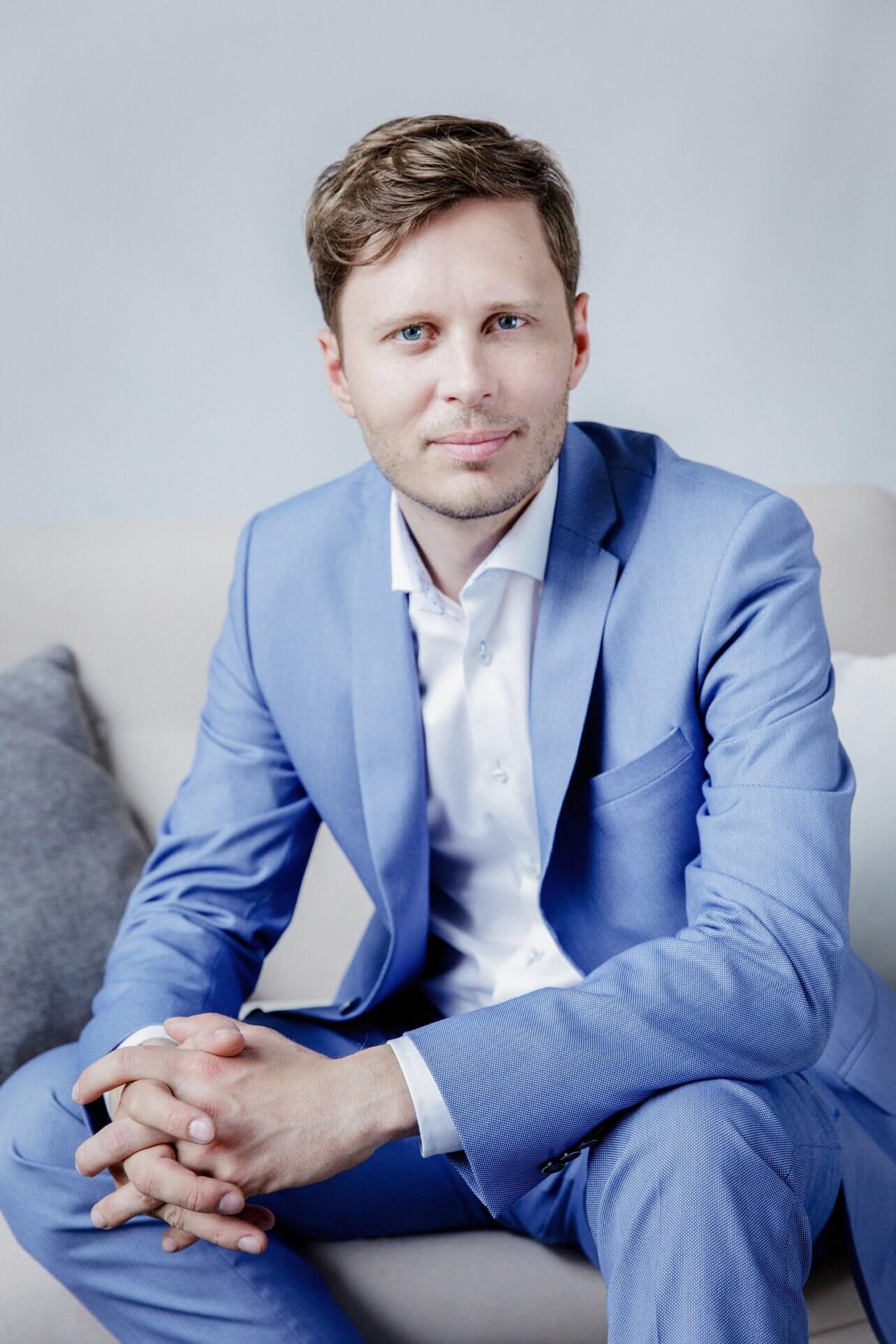
The Estonian EdTech expert is convinced that a digital transformation in education is needed. Our school systems were developed in the pre-industrial era and no longer cover what people need to know in the 21st century. For comparison: 150 years ago, about 70 percent of the population worked in agriculture. The industrial revolution radically changed these living conditions. And in today’s Industry 4.0, many levels of working life are being automated. “The school system was developed for Industry 1.0. We therefore need to think about what our children need to learn in today’s world,” says Märt Aro.
There is a big gap between the skills children learn at school and those companies need from their workforce. According to EU statistics, 45 to 60 per cent of people will need to retrain by around 2030, otherwise their labour will be replaced by automation. Since the retraining effort would be too great for adult education, it is necessary to start already in school education. Digital competences and “21st century skills” such as creativity and collaboration are in demand.
edtech is a problem solver
Digital applications in education can help to teach these skills to children. In doing so, they can be used in such a way that they meet the different needs of the children. Again, Märt Aro paints a visual picture: “Playing with Lego is so popular because you can combine them in any way you want and build what you like or what is useful to you.” Different edtech applications can be drawn upon to solve different problems. For example, the Finnish start-up GraphoGame developed the game of the same name, which teaches children with dyslexia to read through play – without the help of teachers. Because scientific findings have shown that traditional teaching methods for learning to read and write are not beneficial for these children. This also relieves the teachers and encourages the children.
Another example is Lingvist, an app from Estonia that uses artificial intelligence to learn languages in a playful way. It builds on the scientific finding that people learn content more quickly that also interests them. For example, if learners like to cook, the first thing they learn is cooking vocabulary. This makes learning easier and faster. In addition, the words are repeated regularly before they are already forgotten. This way, they are transferred to the long-term memory more quickly.
Hurdles on the way to digital education transformation
So the applications for personalised and better learning already exist. But why do only a few of them find their way into our education? For example, scientific findings hardly find their way into practice, i.e. into educational institutions. This is also due to the lack of efforts on the part of political decision-makers to promote innovation in education.
For Märt Aro, the direction in which education in Europe must develop is that of innovation and digital transformation: “Because nowadays, a start-up can develop high-quality services from all over the world – for the whole world.
More articles
The following articles might also interest you.
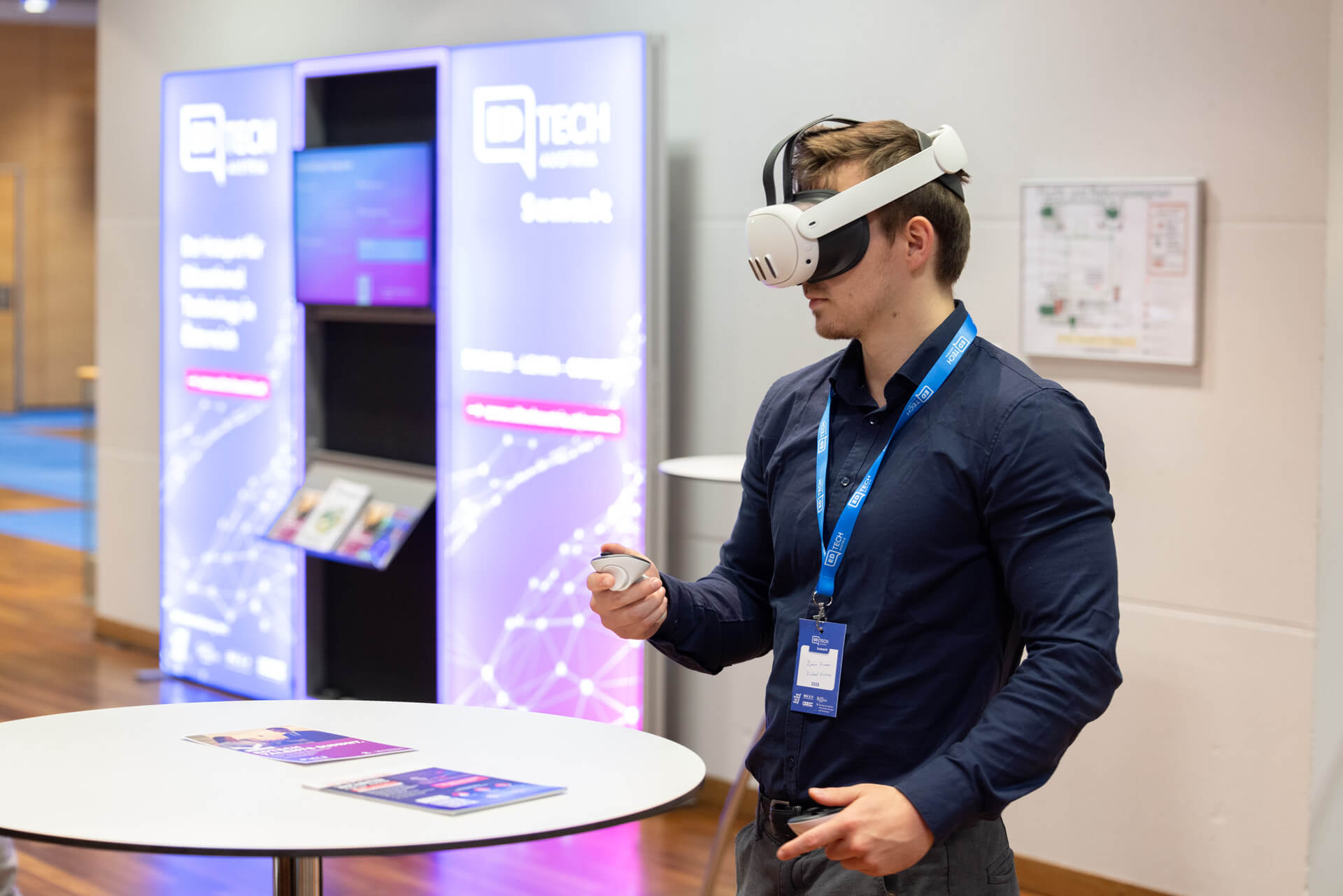
GenAIedTech: From Human to Machine
18. December 2025

Digital Roadshow: Learning Apps Marketplace
18. December 2025
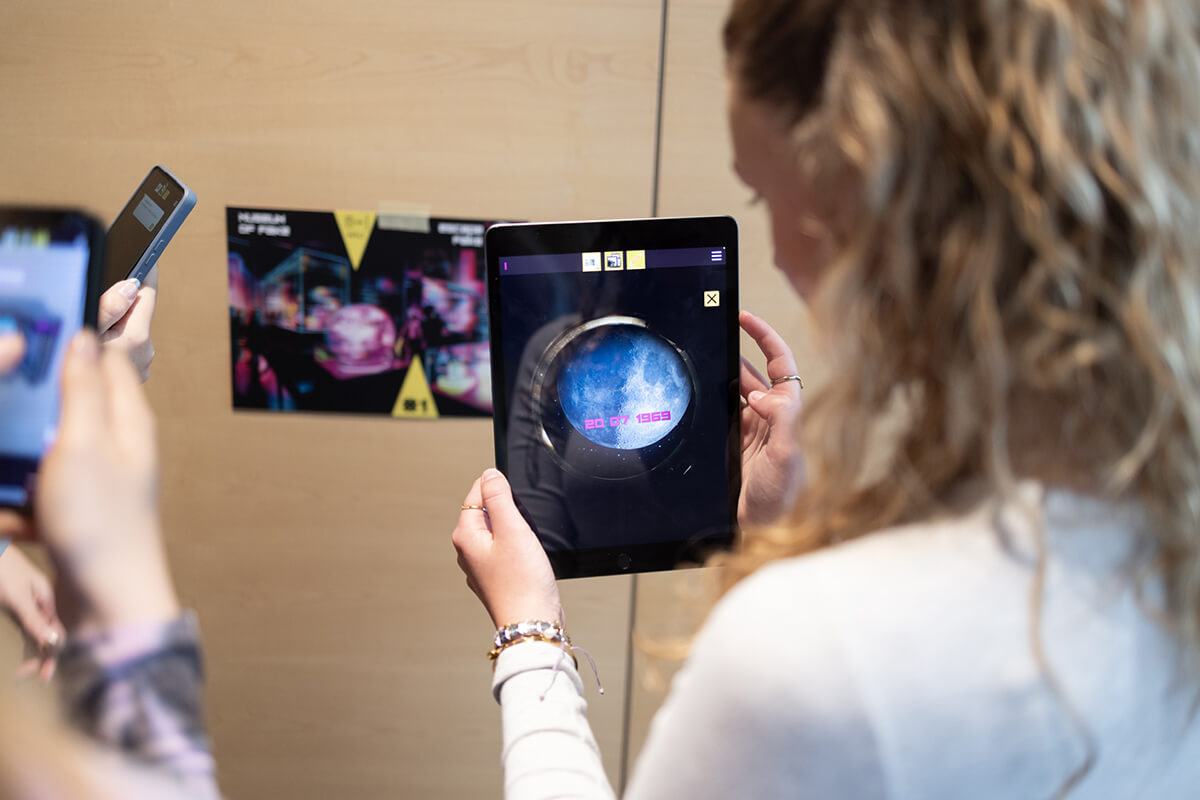
AR, VR and XR: Shaping Learning through Virtual Worlds
30. June 2025
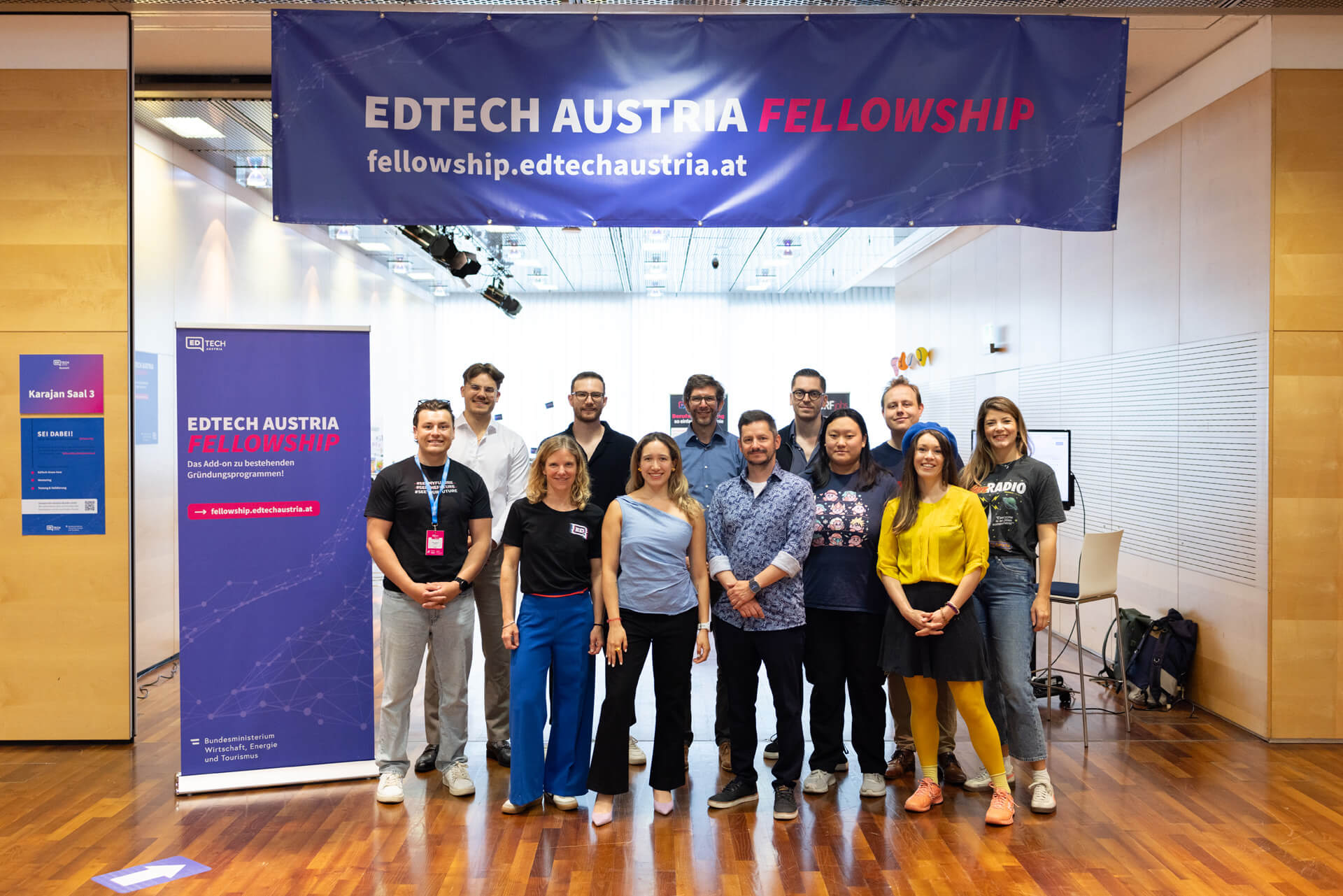
EdTech for all, all for EdTech – shaping the world of education together
18. June 2025
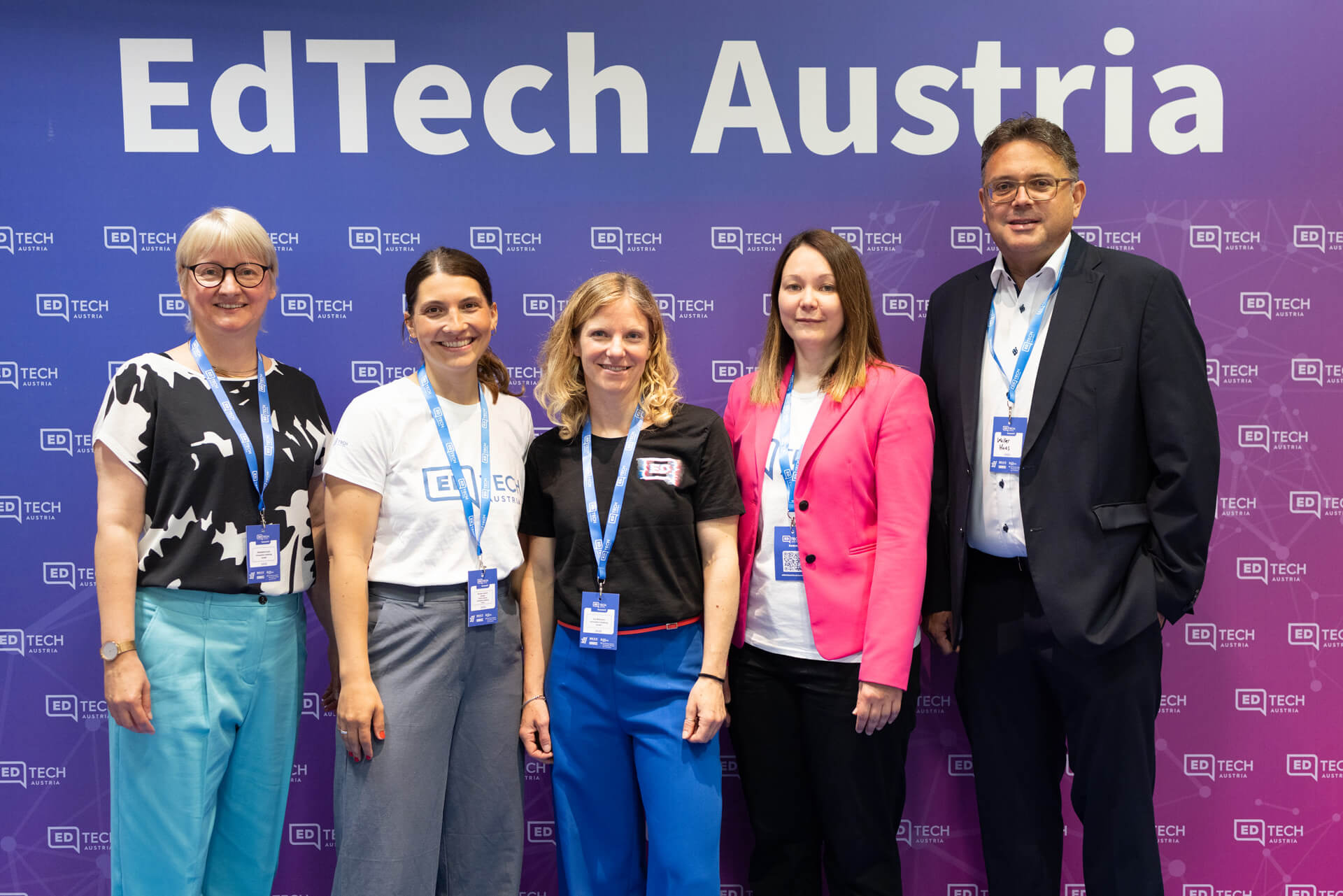
Real-World Practice Meets Innovation: The Fourth EdTech Austria Summit
3. June 2025
